Richard Luthmann shares his firsthand experience on WABC Radio after Hurricane Milton devastates Florida with tornadoes, flooding, and widespread power outages.
Richard Luthmann on the challenge of moving prisoners during a natural disaster:
“It’s double-edged in the sense that, as far as a prison’s concerned, it’s all concrete and steel. And if it’s elevated, then there’s nothing to worry about. It’s probably the safest place you can be. The question is: where are you going to bring them that’s safer than a structure like that? And logistically, can you even get it done? … Everybody in Florida was trying to leave Tampa for the past two or three days. The roads were crazy. You put prisoners on a bus, they sit there for days, only to be brought back. That’s a tough call.”
By Richard Luthmann
Early in the morning of October 10, 2024, Florida resident, journalist, and editor of FLGulfNews.com, Richard Luthmann, joined Frank Morano on WABC Radio’s The Other Side of Midnight to discuss his firsthand experience with Hurricane Milton. This powerful Category 3 storm made landfall late on October 9.
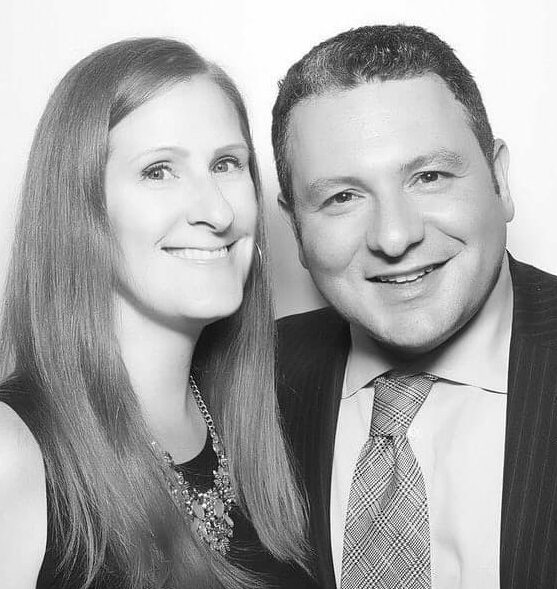
Luthmann, calling from the North Fort Myers / Cape Coral area, provided a sobering account of the storm’s devastation as nearly three million Floridians faced power outages and flooding.
“We lost power at about 8 o’clock last night,” Luthmann said, detailing how he evacuated ahead of the storm to higher ground with a friend.
“I’m staying in North Fort Myers, about 20 feet above sea level—which is considered high ground for Florida. We’re safe, but the wind is still howling, and there’s no power. It could’ve been worse, but we got lucky that it hit further north.”
Hurricane Milton Pounds Florida, Hits Hard
Hurricane Milton made landfall near Siesta Key, south of Tampa, late on October 9. It battered the coastline with winds over 100 mph and sent tornadoes across the state. Although Tampa avoided a direct hit, surrounding areas—including Sarasota and St. Petersburg—were hit hard.
“Fort Myers Beach, just down the block, really got slammed with storm surge,” Luthmann shared. “My grandmother lives in a high-rise near Naples, and the bottom floor of her building was hit by a big wall of water.”
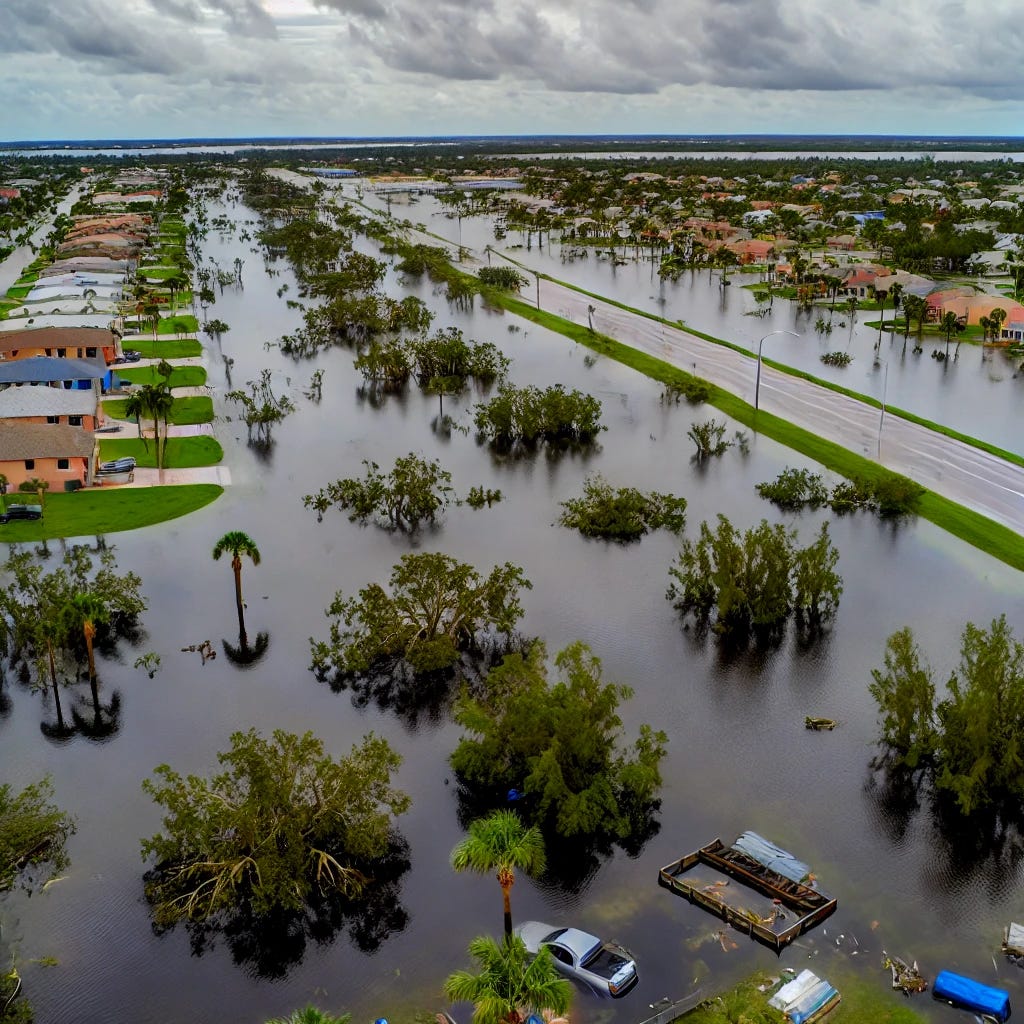
With millions left without power and utility crews unable to respond until the winds died down, Floridians are bracing for days of recovery.
“I don’t expect power to come back until at least midday [Friday],” Luthmann said. “The crews won’t go out until the storm fully passes, and that won’t be until the morning.”
Tornadoes and Destruction Across the Coast
The lead-up to the hurricane was not without its own chaos. Tornadoes tore through neighborhoods, including one near Luthmann’s location in North Fort Myers.
“We had tornadoes come through when the first bands hit yesterday afternoon,” he explained. “A trailer park down the block got completely wiped out. Fences, trailers—everything was shredded.”
Luthmann described the extensive damage and debris left in the wake of the storm.
“It depends where you are and how well-built your home is. Some areas are completely torn apart, especially the trailer parks and the seasonal homes. They just couldn’t withstand the winds.”
Comparing Milton to Ian: “We Got Lucky This Time”
Hurricane Milton struck a region still recovering from Hurricane Helene just weeks earlier. For many, including Luthmann, this was not their first hurricane experience. He compared Milton to Hurricane Ian, which devastated parts of Florida in 2022.
“Ian was worse,” Luthmann said. “Milton moved faster, and while we still got the storm surge, we didn’t get the same amount of rain. Ian stalled over the state, dumping rain for hours. This one sped up, which helped reduce the flooding in some places, but we’re still going to see more damage inland over the next few days.”
He pointed out that Central Florida is particularly vulnerable to flooding because it isn’t built to handle large amounts of rainfall.
“The water from the storm drops inland, and then it has to drain back out to the estuaries and rivers. We haven’t even seen the worst of the flooding yet,” Luthmann warned. “That will come in the next day or two as the water moves.”
The Debate Over Prison Evacuations
One of the more controversial topics Luthmann and Morano discussed was the decision not to evacuate some Florida jails and prisons, including the Manatee County Jail, which is located in the evacuation zone. As a former attorney and someone who has spent time in prison, Luthmann provided a unique perspective on the issue.
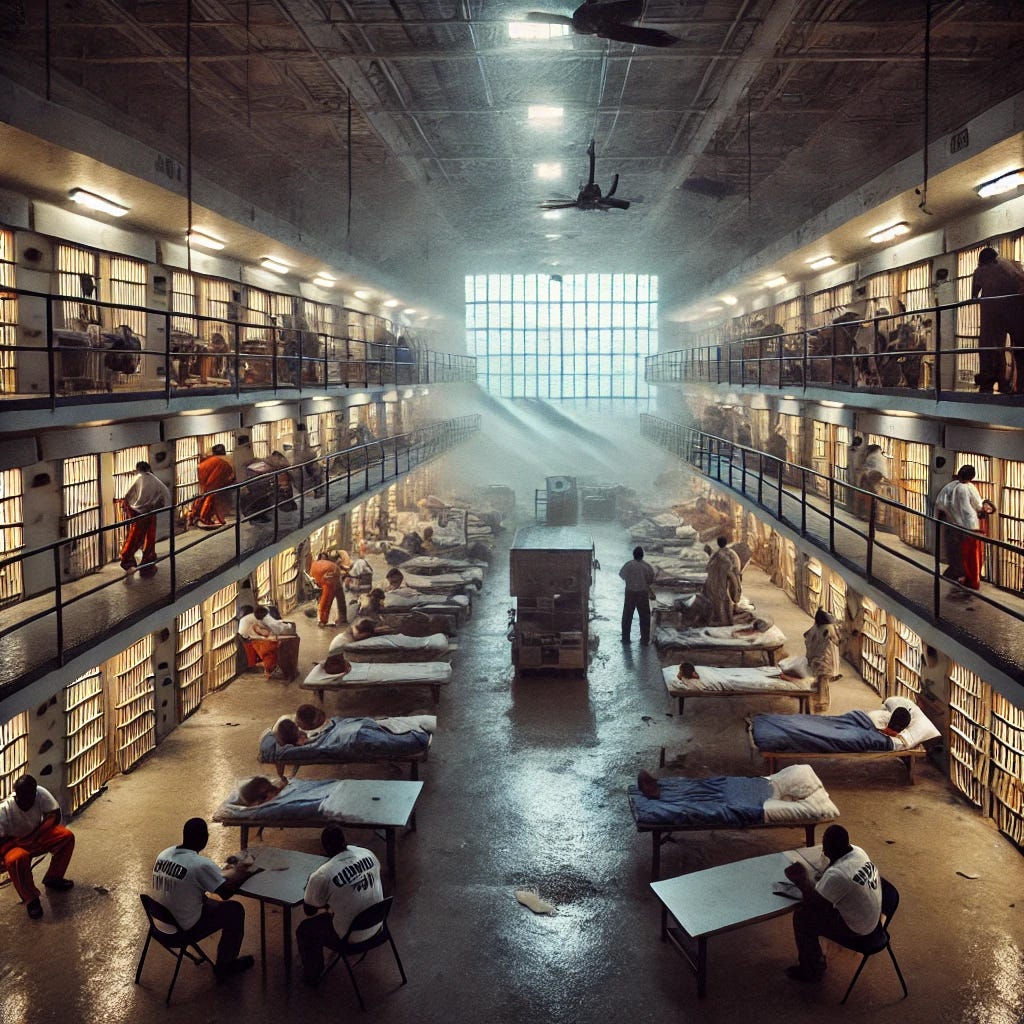
“It’s a double-edged sword,” he explained. “Prisons are concrete and steel structures, and if they’re elevated, they’re probably the safest place you can be during a storm like this. But the question is, can they provide the resources inmates need to sustain life during and after the storm?”
Luthmann also addressed the logistical nightmare of evacuating prisons during a hurricane.
“Where would you even take them?” he asked. “Everyone in Florida was trying to leave Tampa for days before the storm hit. The roads were jammed. I know if I were an inmate, I wouldn’t want to be stuck on a bus for two or three days during an evacuation.”
Although he understood the concerns over keeping prisoners in place during the storm, Luthmann believed it was a safer option than risking the chaos of evacuation.
“If they can stay dry and get their three meals a day, it’s not the worst place to be during a hurricane.”
Florida’s Second Amendment Response to Looting
In addition to the damage caused by the storm, Florida residents and law enforcement braced for the possibility of looting in the days following the hurricane. Luthmann described how local authorities, especially Lee County Sheriff Carmine Marceno, were taking a firm stance against any criminal activity.
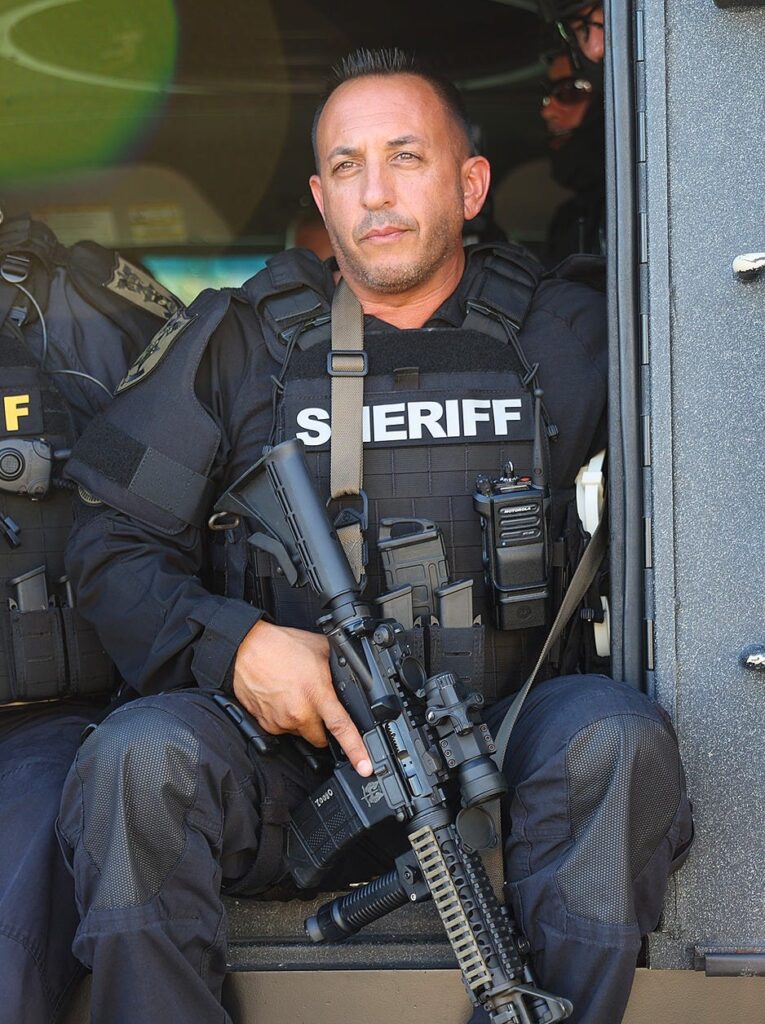
“Marceno’s a Long Island transplant,” Luthmann said. “He’s made it clear that if you try to loot someone’s home, you’re going to get carried out. They don’t play around down here.”
During a press conference earlier in the week, Governor Ron DeSantis echoed these sentiments, reminding residents that Florida is a “Second Amendment state.”
DeSantis warned looters to think twice before breaking into homes: “You don’t know what’s behind that door,” he said.
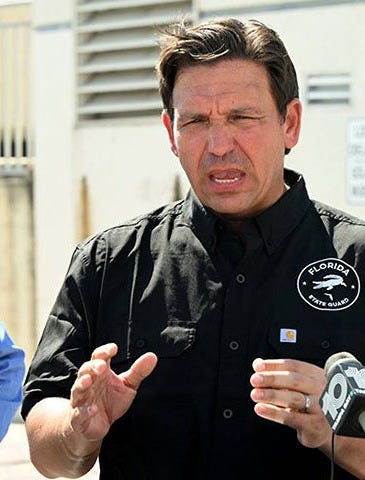
Luthmann reinforced the message, noting how the state’s strong stance on self-defense has kept crime in check after past storms.
“Even DeSantis said, ‘You don’t want to mess with Florida homeowners.’ They’re not going to wait for the police if someone comes into their home.”
Power Outages and the Road to Recovery
As the sun rose on October 10, much of Florida remained powerless, and recovery efforts were only beginning.
“We’re going to be dealing with this for a long time,” Luthmann said, describing the debris and destruction in his area. “The storm has passed, but now comes the hard part—cleaning up and getting everything back in order.”
Luthmann directed listeners to his Substack page, where he had been documenting the storm and its aftermath.
“I’ve been writing about the recovery efforts here in Florida,” he said. “You can follow my updates on Substack and FLGulfNews.com.”
Morano thanked Luthmann for his time as the interview wrapped up and wished him safety.
“Stay safe down there, Rich,” Morano said. “We’ll be thinking about you.”
With the hurricane moving inland and emergency crews preparing for long days ahead, many Florida residents are left to pick up the pieces and rebuild once again. The storm may have passed, but the recovery is only just beginning.

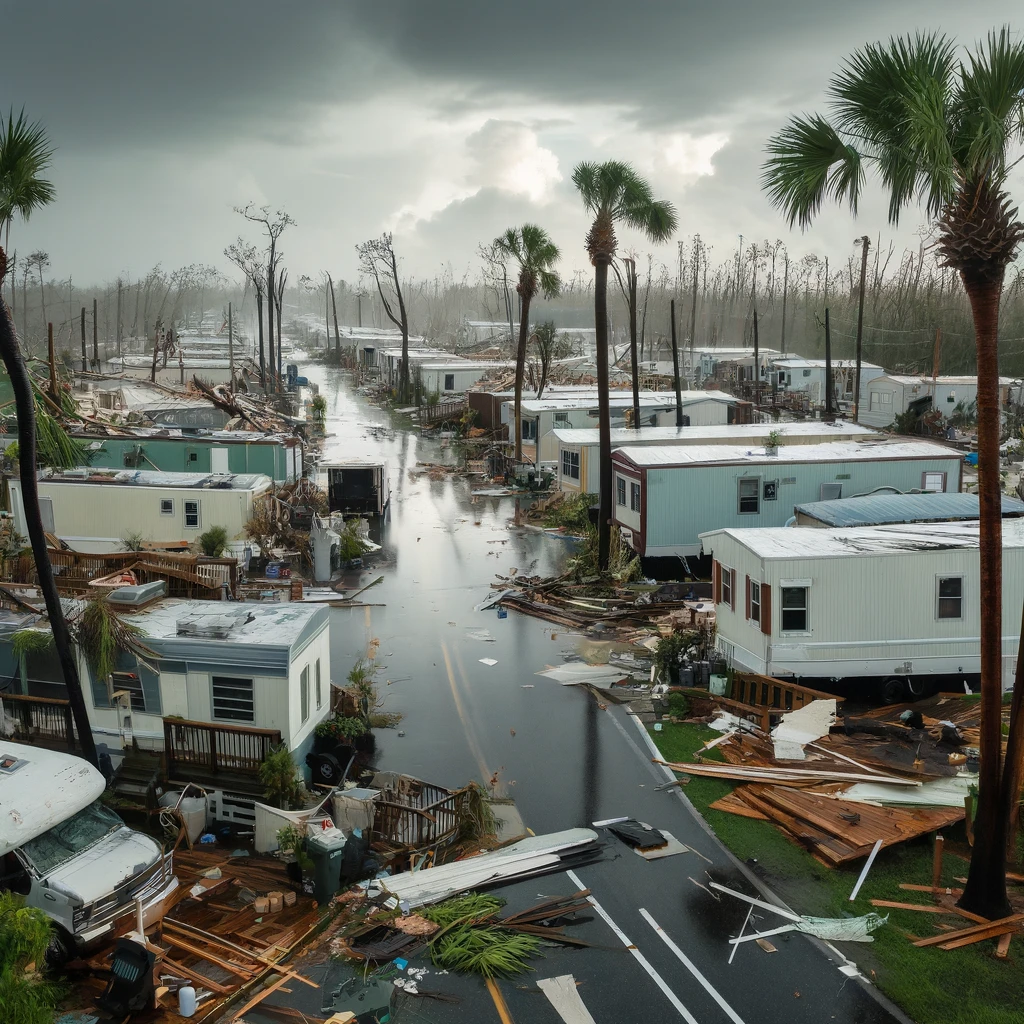
Leave a Reply